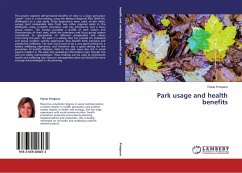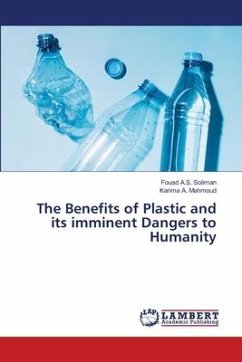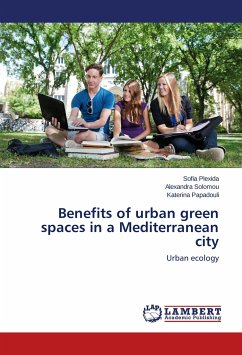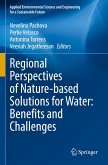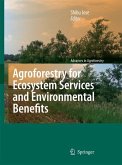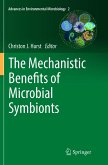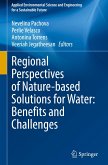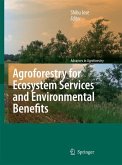This project explores self-perceived benefits of visits to a large peri-urban "green area in a local setting, using the Belmont Regional Park (3459 Ha, Wellington) as a case study. Three approaches were used: on-site visitor surveys (and comparable data from two other regional parks in the Wellington area), in-depth interviews with key informants, and a focus group session. The surveys provided a profile of park visitors and characteristics of their visits, while the interviews and focus group session contributed to appreciation of different perspectives and values concerning the park. The park is a setting that can provide for individual and group outdoor activity experiences that benefit both personal and community wellbeing. The park was found to be a very good setting for a holistic wellbeing experience, and therefore also a good setting for the promotion of healthy lifestyles. Visits to the park were also rich in social aspects (implicit in the data and qualitative information) even though this was not widely acknowledged. These findings can be used to incorporate health and wellbeing into resource management plans and should be more strongly acknowledged in city planning.
Bitte wählen Sie Ihr Anliegen aus.
Rechnungen
Retourenschein anfordern
Bestellstatus
Storno

